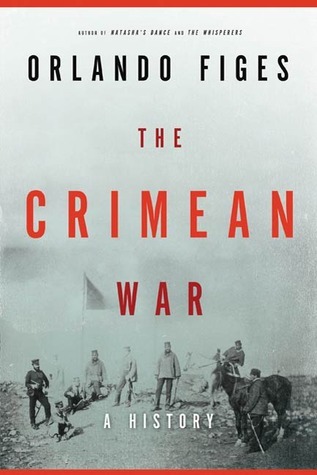The British were much less enthusiastic about the use of anaesthetic than the Russians or the French. Shortly before the British army left Varna for the Crimea, the principal medical officer, Dr John Hall, issued a memorandum in which he cautioned the army’s surgeons ‘against the use of chloroform in the severe shock of serious gunshot wounds … for however barbarous it may appear, the smart of the knife is a powerful stimulant; and it is much better to hear a man bawl lustily than to see him sink silently into the grave’. British medical opinion was divided on the new science of anaesthesia.
The British were much less enthusiastic about the use of anaesthetic than the Russians or the French. Shortly before the British army left Varna for the Crimea, the principal medical officer, Dr John Hall, issued a memorandum in which he cautioned the army’s surgeons ‘against the use of chloroform in the severe shock of serious gunshot wounds … for however barbarous it may appear, the smart of the knife is a powerful stimulant; and it is much better to hear a man bawl lustily than to see him sink silently into the grave’. British medical opinion was divided on the new science of anaesthesia. Some feared the use of chloroform would weaken the patient’s ability to rally, and others thought it was impractical to use it in battlefield surgery because of the shortage of qualified doctors to administer it. Such attitudes were closely linked to ideas about withstanding pain that were perhaps peculiar to the British sense of manliness (keeping ‘a stiff upper lip’). The notion that the British soldier was immune to pain was commonplace. As one doctor wrote from the Crimea: The pluck of the soldier no one has yet truly described. They laugh at pain, and will scarcely submit to die. It is perfectly marvellous, this triumph of mind over body. If a limb were torn off or crushed at home, you would have them brought in fainting, and in a state of dreadful collapse. Here they come with a dangling arm or a riddled elbow, and it’s ‘Now doctor, be quick, if you please; I’m not done for so ba...
...more
This highlight has been truncated due to consecutive passage length restrictions.


